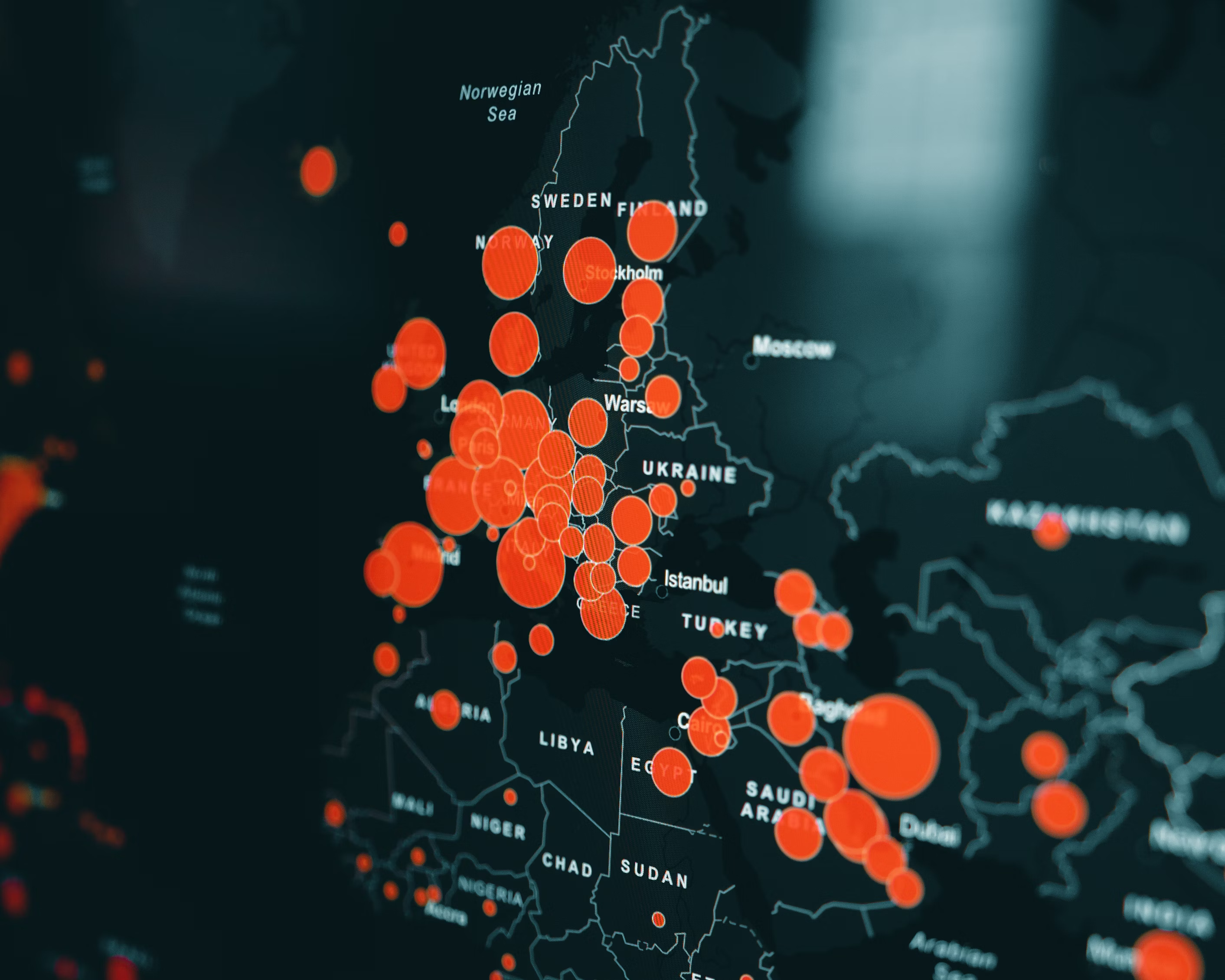Reshaping fashion sustainability: the crucial role of data quality
Discover how Trace For Good is pioneering sustainable fashion through enhanced data quality. Learn why meticulous data is key to transparency and how it strengthens brand integrity and consumer trust.
Introduction
In the past five years, data points for fashion transparency have surged by over 80%, emphasizing the need for detailed sustainability and compliance information.
As scrutiny over environmental and ethical practices increases, the demand for transparency in fashion has never been higher. Impeccable data quality is crucial: without it, efforts to improve transparency and accountability will fail, leaving brands vulnerable to consumer skepticism and regulatory pressures.
Adopting tech-oriented traceability tools is key. AI-driven solutions can quickly process vast amounts of data, providing deep supply chain insights. This ensures high-quality data, helps address sustainability issues, enhances efficiency, and builds consumer trust.
In this article, we’ll explore the importance of data quality for fashion sustainability and how Trace For Good simplifies data collection, allowing brands to focus on sustainability goals.
Why is data quality crucial from a brand perspective?
High-quality data is essential for brands to maintain transparency and build consumer trust. According to a study conducted by Accenture in 2021, 77% of consumers globally consider sustainability to be “important” or “very important” when they make a purchase. By providing detailed product information, clear and precise data can, thus, foster consumer loyalty.
When it comes to complying with regulatory standards, high-quality data is also needed to avoid legal issues. For instance, in 2020, 61% of compliance professionals had experienced a compliance incident in the past two years in their organization because of a lack of data analysis and automation (PwC: "2020 Global State of Compliance Survey”).
Additionally, it allows brands to make informed decisions about their supply chain and product development. Following its traceability journey, Jonak aims to having 100% of its leather certified Leather Working Group.
Overall, maintaining data quality is vital for brands to uphold their reputation, meet consumer expectations, and achieve sustainable growth.
What is an unhealthy data environment?
An unhealthy data environment is marked by inaccurate, incomplete, and inconsistent data. This poses significant risks for brands, leading to:
- Operational Inefficiencies: Poor-quality data results in faulty decision-making, operational errors, and increased costs.
- Erosion of Trust: Brands may struggle to provide accurate product information regarding ethical sourcing and labor practices, damaging consumer trust and loyalty.
- Regulatory Issues: Lack of reliable data complicates compliance with regulations, raising the risk of legal penalties.
- Supply Chain Problems: Fragmented data hampers effective supply chain management, causing delays and inefficiencies.
- Lagging Behind the Competition : In the fashion industry, an unhealthy data environment can hinder a brand's agility by impeding real-time trend forecasting, inventory management, and product line optimization, leading to unsold stock and missed trend opportunities.
To address these challenges, fashion brands should adopt a proactive approach to data hygiene. Regular audits, clear data governance policies, and the integration of sustainable practices into the data lifecycle are vital. These steps not only help in maintaining data quality but also reinforce a brand's commitment to ethical practices and environmental stewardship, enhancing consumer trust and brand image in the competitive fashion landscape.
What can a brand achieve with Trace For Good ?
Our clients’ data journeys begins by establishing a healthy environment. For Jonak, it meant connecting our platform to Storeland, its ERP, to automate the collection of all product data, including references to be traced and associated supplier contacts. This way, from the start, standardized data is created to enable multi-player collaborations and build on a single source of information, ensuring a robust and reliable data environment.
Then, during the enrichment process, to reduce data entry time while guaranteeing accurate traceability data, our user-friendly platform uses locked input processes. Thanks to it, MCC met AGEC compliance in only 50 days for the first traceability requests.
The platform also integrates with open-source databases like the Open Apparel Registry and partners such as Intertek and Carbonfact, automating data transmission and verification.
Besides, to maintain high-quality data, a great part of the work happens behind the scenes. For example, suppliers can’t submit the request if inconsistent values are spotted, the certificates’ collection and verification is automated and alerts are sent to the brand when unreliable data are found. All of these automated processes help brands maintain high-quality data effortlessly, allowing them to focus on sustainability and compliance with confidence.
Finally, ensuring the confidentiality of your data is crucial to us. Each user gets a dedicated private platform. This setup ensures data privacy control for suppliers and facilitates real-time collaboration with both internal and external stakeholders. For Pimkie we even created a specific platform for its purchasing offices to streamline operations.
Here are some concrete results from our clients' data journeys:
IKKS Group: By integrating Trace For Good, IKKS has centralized its traceability data, tracking over 4000 product references annually. This effort supports their #ACTFORBETTER approach, significantly reducing carbon emissions and ensuring ethical standards across their supply chain. The use of automated data collection and certificate management has streamlined their processes, making product information readily accessible to consumers and reinforcing their commitment to transparency.
Pimkie: Faced with the challenge of managing vast amounts of data, Pimkie leveraged Trace For Good to automate traceability for all its purchase orders. This automation enabled them to comply with the AGEC law efficiently and display Clear Fashion's Fashion Scores on products. By collecting over 30 customized data points per product, Pimkie improved transparency and operational efficiency, with suppliers completing traceability requests in just 10 days on average.
Jonak: Jonak used Trace For Good to automate traceability across its entire collection, focusing on four key components per product. By integrating with their ERP and digital platforms, Jonak ensured compliance with the AGEC law for 80% of their product references within a month. Customized product sheets, aligned with Jonak's visual identity, enhanced consumer engagement by showcasing their CSR efforts and sustainability achievements.
white paper
replay
Summary
Fill out the form below.


.avif)

.avif)